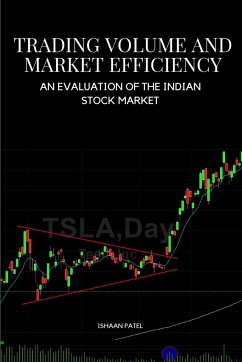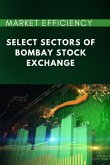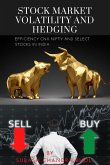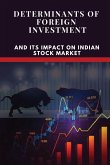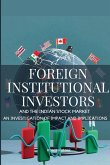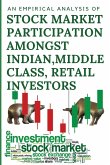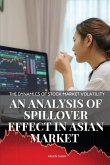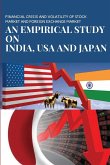The literature on asset market and market microstructure has devoted surprisingly little attention to trading volume. Many economic models of financial markets and market microstructure have been developed to explain the predictability of prices (returns), and information content of it. However, far less attention has been devoted to explain the behavior of trading volume. To fill this gap in the literature, this study tries to expand our understanding of trading volume for an emerging market by empirically estimating econometric models using recently available daily volume data for individual securities listed on the Bombay Stock Exchange (BSE) and the NationalStock Exchange (NSE). The analysis carried out serves several purposes : a) understand the motives for trade & the process by which trades are realized, b) the interaction between price and volume, and c) the roles that risk preferences and market frictions play in determining stock trading activity. Our empirical contributions include : (1) the construction of a volume based index for the Indian equity markets & comprehensive exploratory data analysis of the time-series behavior of trading volume; (2) modeling trading volume series using long-memory models and its forecasting performance; (3) estimation of dynamic price & volume relations using Markov Switching framework; and (4) a new approach for empirically identifying various factors determining the stock trading volume. The empirical result that stock trading volume is a long-memory process, does not affect market efficiency.
